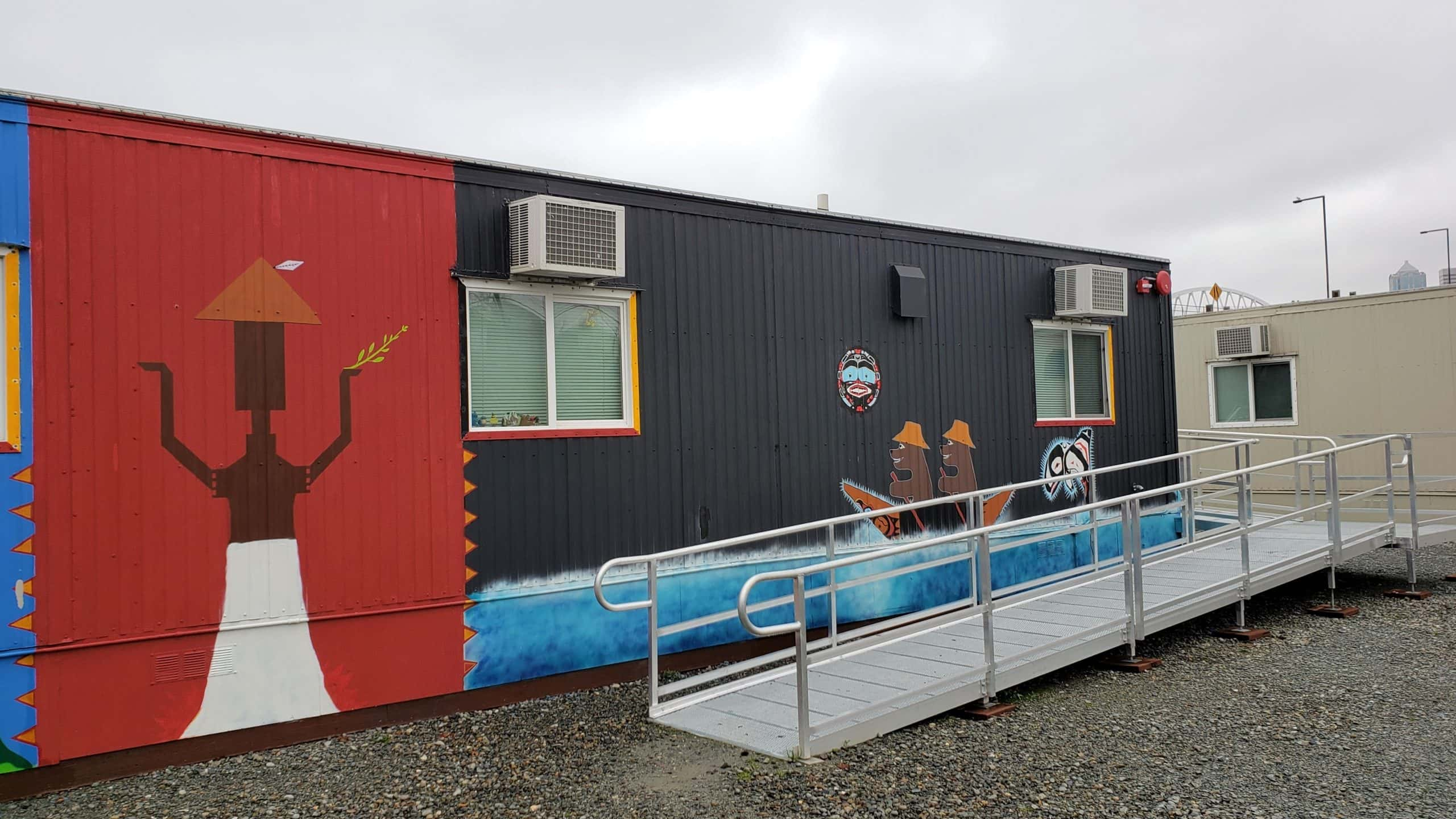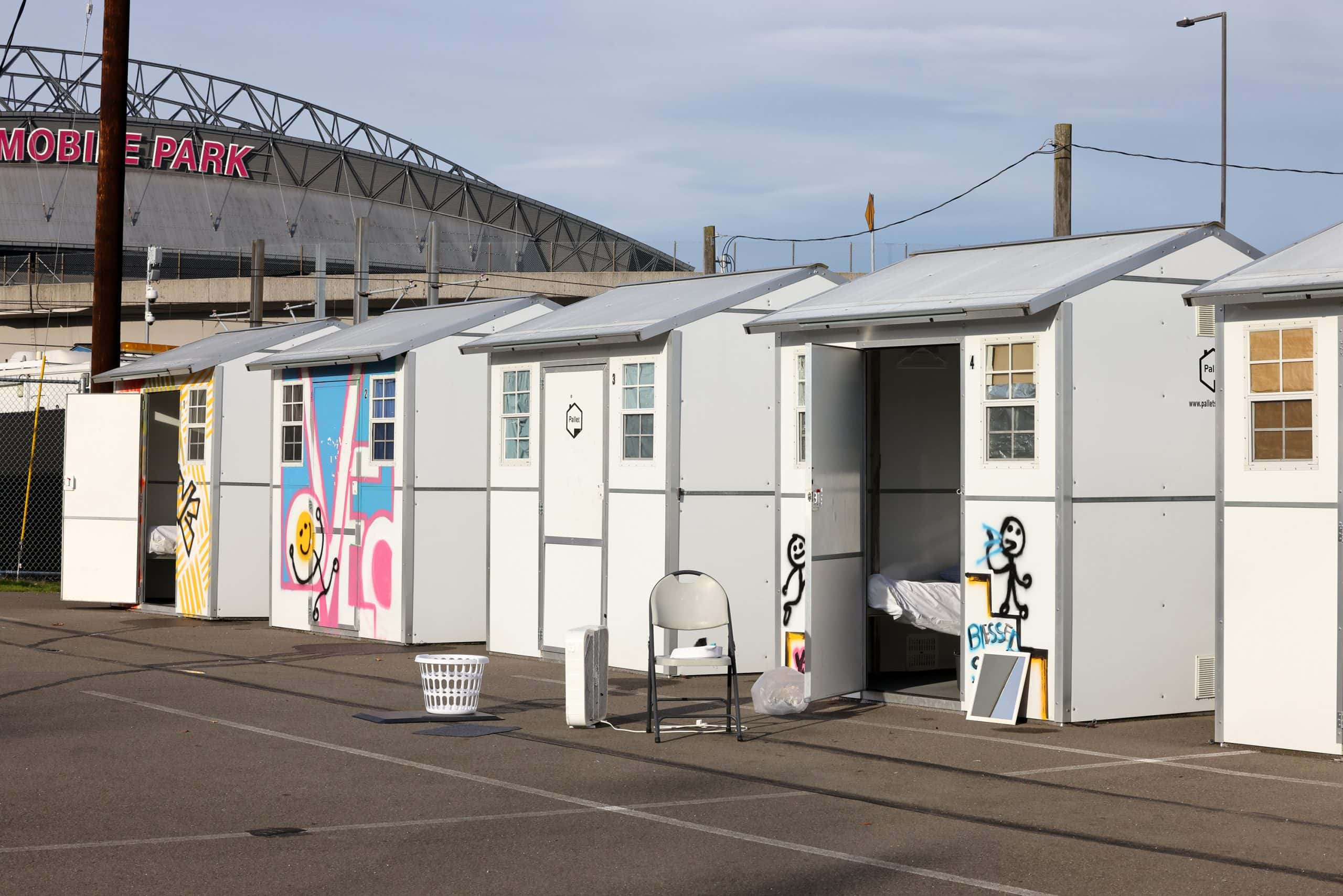In a troubling revelation, new data from the federal government underscores the escalating crisis of homelessness in the United States, reaching an unprecedented high.

This crisis is disproportionately impacting Indigenous communities, a longstanding trend that Chief Seattle Club, a Seattle-based nonprofit, is acutely attuned to
The Chief Seattle Club, dedicated to serving Indigenous people in Seattle, faces a critical juncture as the permit for Eagle Village, a shelter managed by the organization, is set to expire. This development raises concerns about the potential reoccurrence of homelessness among the shelter’s residents. Derrick Belgarde, Executive Director of Chief Seattle Club, voiced his apprehensions, highlighting the challenges faced by Indigenous individuals attempting to break free from the cycle of poverty.
The U.S. Department of Housing and Urban Development‘s recent annual homeless assessment report underscores the severity of the crisis, indicating a 12% increase in homelessness between 2022 and 2023. Alarmingly, Indigenous people experienced an 18% rise in sheltered homelessness, even though they constitute just 3% of the overall homeless population.
In King County, where Seattle is situated, the situation is particularly dire. Despite making up only 1% of the total population, Native or Indigenous individuals comprise between 9% and 15% of the homeless population. Anne Martens of the King County Regional Homelessness Authority emphasized the urgent need for increased capacity and culturally relevant services for this demographic.
The Chief Seattle Club, specializing in addressing the unique challenges faced by Indigenous single adults dealing with chronic homelessness, manages crucial facilities such as Raven Village and Eagle Village
However, the latter faces imminent closure by March 2024, as King County Metro plans to repurpose the property for parking nonrevenue vehicles. Belgarde stressed the importance of culturally specific shelters, noting the deep-seated mistrust Indigenous individuals often harbor towards mainstream providers. He highlighted the need for a “Native face” to encourage their peers to seek shelter and support.
Despite challenges, Chief Seattle Club is determined to request an extension for Eagle Village, seeking alternative solutions to prevent residents from returning to the streets. Belgarde urged King County Metro to consider alternative parking locations, emphasizing the critical role played by Eagle Village’s programs in providing support, teaching essential skills, and fostering community values.
As the March 2024 deadline looms, Chief Seattle Club and King County are exploring avenues to secure an extension, recognizing the vital importance of addressing the homelessness crisis among Indigenous populations in the region.




